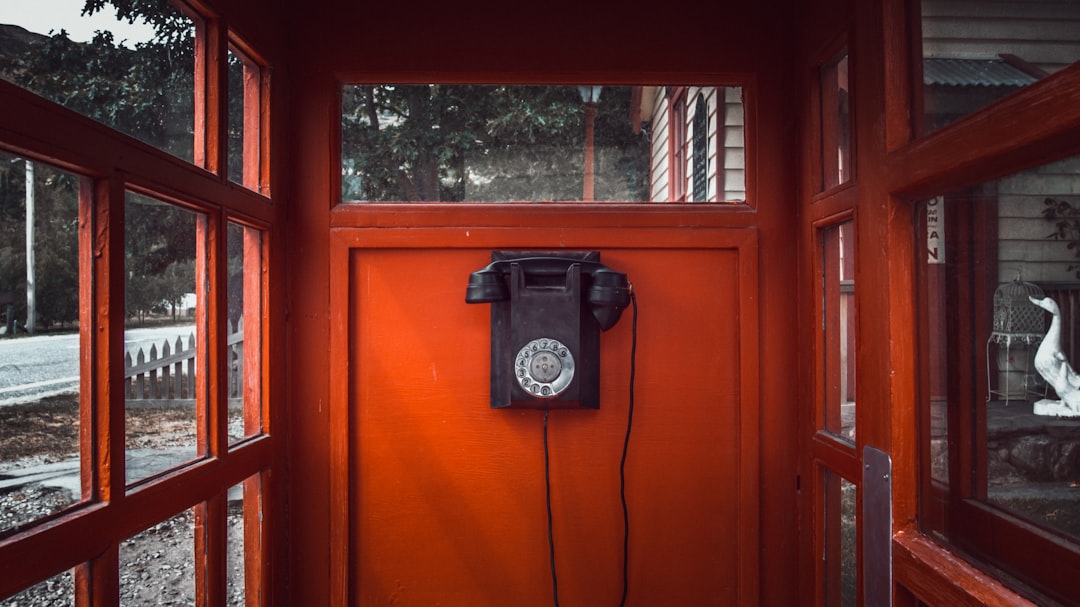Spam calls are a common problem in Pennsylvania, but residents can fight back using the Telephone Consumer Protection Act (TCPA). By consulting with specialized spam call law firms and lawyers, individuals can block calls, file complaints, and claim damages. Art initiatives engage communities by using street art and events to educate on rights and stop spam marketing. Collaborating with local artists and law experts creates effective campaigns, empowers residents, and reduces intrusive phone spam across Pennsylvania through legal avenues like the TCPA.
Scranton residents deserve a quiet and safe telephone experience, free from relentless spam calls. This guide explores creative ways to raise awareness about this growing issue using art as a powerful tool. We delve into the legal framework, including the Telephone Consumer Protection Act (TCPA) in Pennsylvania, and offer actionable steps. By collaborating with local artists and law firms, we can engage Scranton residents, educate them on how to stop spam calls, and advocate for stronger anti-spam measures. Together, let’s transform this nuisance into a vibrant movement.
Understanding Spam Calls and the TCPA in Pennsylvania

Spam calls are a pervasive issue in today’s digital age, and while they can be annoying, they also serve as a significant concern for many Pennsylvania residents. These unwanted phone calls often fall under the category of telemarketing or solicitation, and they violate the Telephone Consumer Protection Act (TCPA). The TCPA is a federal law designed to protect consumers from excessive or nuisance calls, text messages, and faxes. In Pennsylvania, this law is strictly enforced, with penalties for violators.
Understanding how to stop spam calls is crucial for residents seeking relief from persistent telemarketers. A key step is to familiarize oneself with the legal framework, including the TCPA and its regulations. Engaging a reputable spam call law firm or spam call lawyer in Pennsylvania can provide guidance on navigating these laws and taking appropriate action against violators. These legal professionals can help individuals assert their rights and explore options like blocking calls, filing complaints, or seeking damages for TCPA violations.
The Impact of Art as an Awareness Tool

Art has long been a powerful tool for raising awareness about various social issues. When it comes to combating the scourge of spam calls, an innovative approach using creative expressions can be highly effective in engaging the community and spreading vital information. By harnessing the impact of art, residents of Scranton, Pennsylvania, and beyond can join forces to fight against intrusive and unwanted phone calls that violate consumer privacy.
Visual arts, performances, and even street art campaigns can educate the public about their rights under the Telephone Consumer Protection Act (TCPA) and the legal avenues available to stop spam calls. This creative strategy not only captures attention but also personalizes the issue, making it more relatable to potential victims. Engaging with local artists and organizing community events centered around this theme can help spread awareness, encourage discussion, and inspire collective action against spam call law firms and lawyers in Pennsylvania.
Creative Ways to Engage Scranton Residents

To engage Scranton residents creatively about how to stop spam calls, consider transforming public spaces into interactive art exhibits. Local artists can collaborate with community groups and law firms specializing in spam call laws (like those in Pennsylvania) to design eye-catching murals that subtly educate citizens on recognizing and reporting spam calls. These vibrant displays could depict the negative impacts of unwanted phone calls, such as a bustling city scene suddenly silenced by intrusive spam, accompanied by messages on how to file complaints with the help of Spam Call lawyers in Pennsylvania.
Additionally, hosting art workshops focused on creating DIY noise-canceling devices or custom ringtones can spark interest and empower residents. Collaborating with a local law firm known for handling TCPA cases in Pennsylvania, these workshops could offer practical solutions alongside artistic expression, fostering a community that actively combats spam calls. By blending art and education, Scranton residents will not only learn how to stop spam calls but also contribute to an aesthetically pleasing environment that reflects their collective efforts.
Partnering with Local Artists and Law Firms

Partnering with local artists and law firms can be a powerful strategy to raise awareness about spam calls in Scranton and across Pennsylvania. Engaging artists allows for creative representations of the issue, transforming complex data into captivating visuals that resonate with communities. These artistic interpretations can then be used in public campaigns, events, or exhibitions to educate residents on the perils of spam calls and available legal avenues.
Law firms specializing in Telephone Consumer Protection Act (TCPA) cases bring expertise and a deep understanding of the legal framework surrounding spam calls. Collaborating with such firms ensures that awareness efforts are not only creative but also informed by real-world solutions. Together, artists and lawyers can craft compelling narratives, provide practical tips on how to stop spam calls in Pennsylvania, and guide residents through legal options available under state laws, empowering them to take action against intrusive phone spam.
Taking Action: Implementing and Promoting Solutions

In Scranton and across Pennsylvania, taking proactive steps to combat spam calls is essential. One effective approach is to educate individuals on how they can protect themselves and their loved ones. Teaching people about do-not-call registries and providing resources on blocking numbers can significantly reduce unwanted interruptions. Many spam call law firms in Pennsylvania offer guidance on these matters, ensuring residents are equipped with the knowledge to handle such issues.
Promoting solutions is key to making a lasting impact. Collaborating with local businesses, community groups, and schools can help spread awareness about the TCPA (Telecommunications Consumer Protection Act) and its implications for spam calls in Pennsylvania. By organizing workshops, hosting informational sessions, or even launching social media campaigns, residents can collectively make Scranton a safer and less intrusive environment, ensuring peace of mind for all.






